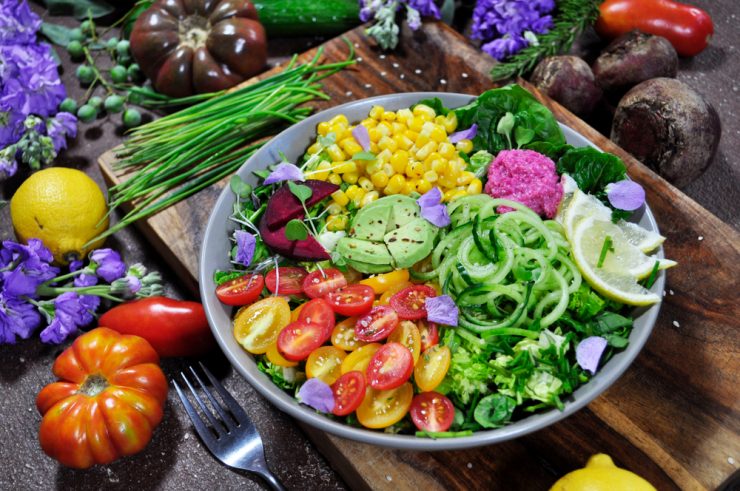With summer now finally here, salad foods are readily available, and choosing a deliciously fresh and cold salad during the hot weather is often preferred to our traditionally hot vegetable side dishes.
Having a salad is also often an easier solution to getting in those all-important 5-a-day but do they provide as many nutrients as vegetables?
Clinical Nutritionist Suzie Sawyer unpicks this question and provides some much-needed clarity.
Is it an either/or situation?
The short answer is ‘no’. However, there are reasons why some foods are better nutritionally than others. Firstly, I’m going to look at three nutritional powerhouses, when it comes to vegetables and salad. Their nutritional profiles are completely different, but they all have a valuable place in the diet.
Tomatoes
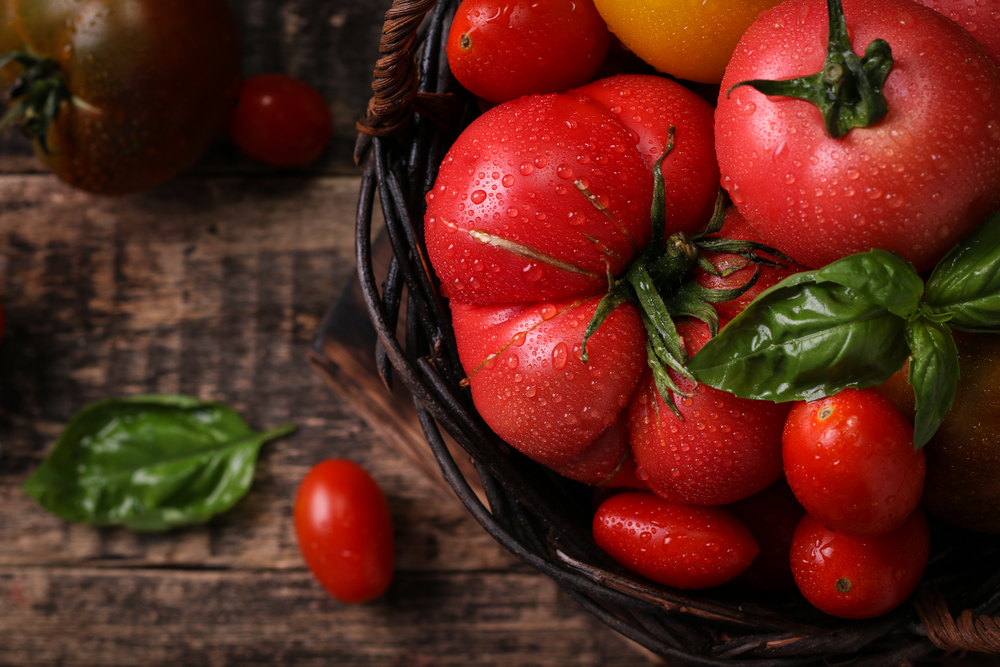
Just to confuse matters, tomatoes are technically a fruit, not a vegetable and have often been referred to as the apple of love. Regardless, tomatoes are highly beneficial to health.
Tomatoes provide a great source of carotenoids which are powerful antioxidants. The beautifully coloured, carotenoid pigment is a rich source of lycopene which provides some wonderful benefits for the heart, especially in reducing blood pressure. Together with being loaded with heart-loving potassium, these two nutrients provide a pretty impressive combination.
Broccoli
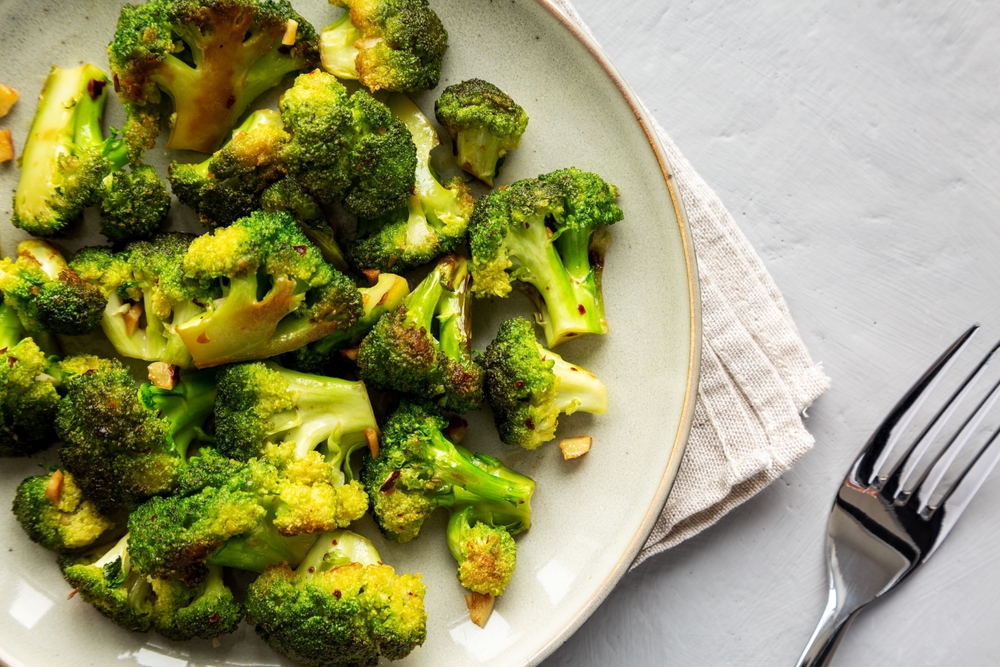 Broccoli is certainly a superstar vegetable when it comes to nutritional benefits. As part of the healthy family of cruciferous vegetables, one of their many claims to fame is that they all contain a plant compound called sulforaphane, which has been found to help prevent some of our nasty diseases.
Broccoli is certainly a superstar vegetable when it comes to nutritional benefits. As part of the healthy family of cruciferous vegetables, one of their many claims to fame is that they all contain a plant compound called sulforaphane, which has been found to help prevent some of our nasty diseases.
Broccoli is also great for helping the liver to detoxify and providing good amounts of the mineral, magnesium, needed for a healthy heart, nervous system, good sleep and energy.
Avocado
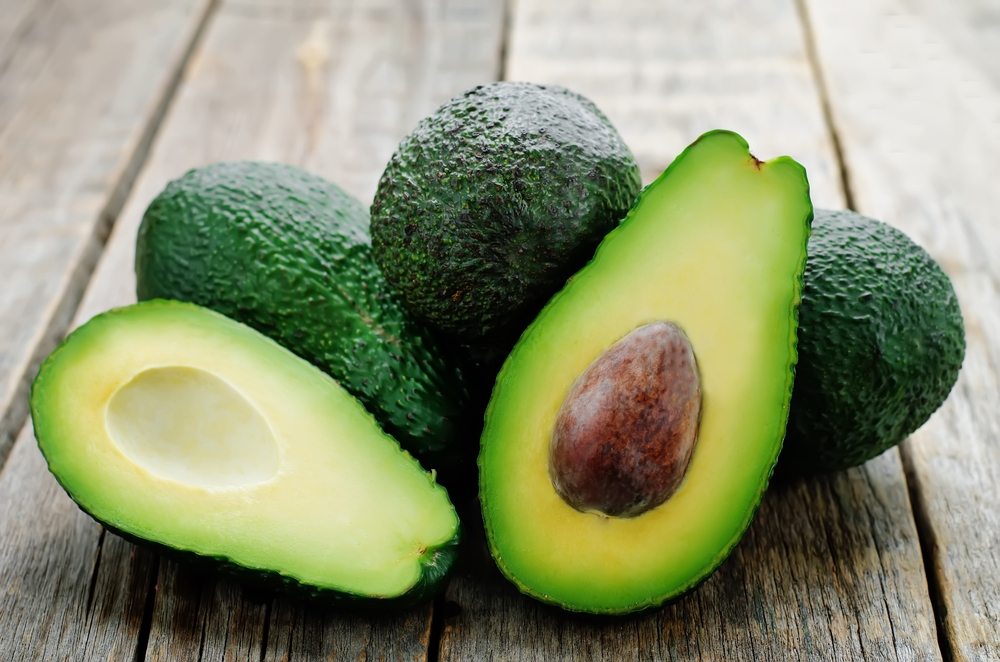
Avocado is another fruit, but a frequent salad ingredient. In fact, it has the highest protein content of any fruit.
Just like olive oil, avocados are high in monounsaturated fats which are great for the heart. Combined with them being rich in potassium, they can really help keep cholesterol in check and high blood pressure at bay. Their fat content does make them high in calories, but they shouldn’t be excluded from a varied diet because their health benefits, together with their antioxidant content, is legendary.
Salad foods contain more water and less fibre
Clearly, the above foods have a well-deserved place within a healthy, colourful and varied diet. However, whereas all vegetables provide essential fibre to the diet, salad foods are generally high in water content, therefore contain very little.
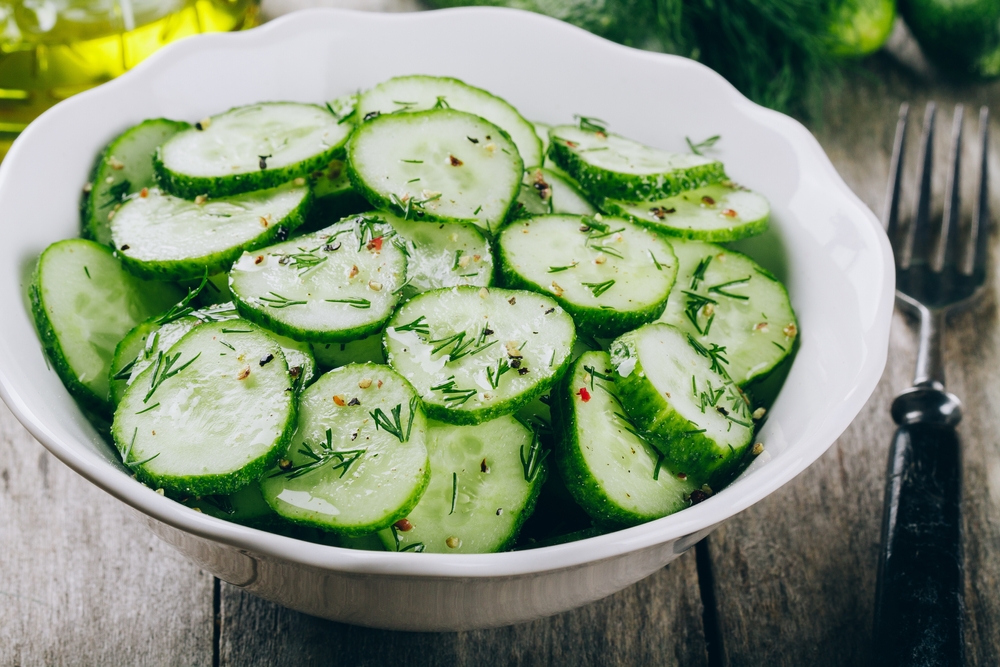
In the case of cucumber, for example, whilst it’s great for rehydrating the body especially when it’s hot, its nutritional value is actually quite low. However, cucumbers do provide a useful amount of vitamin C and potassium.
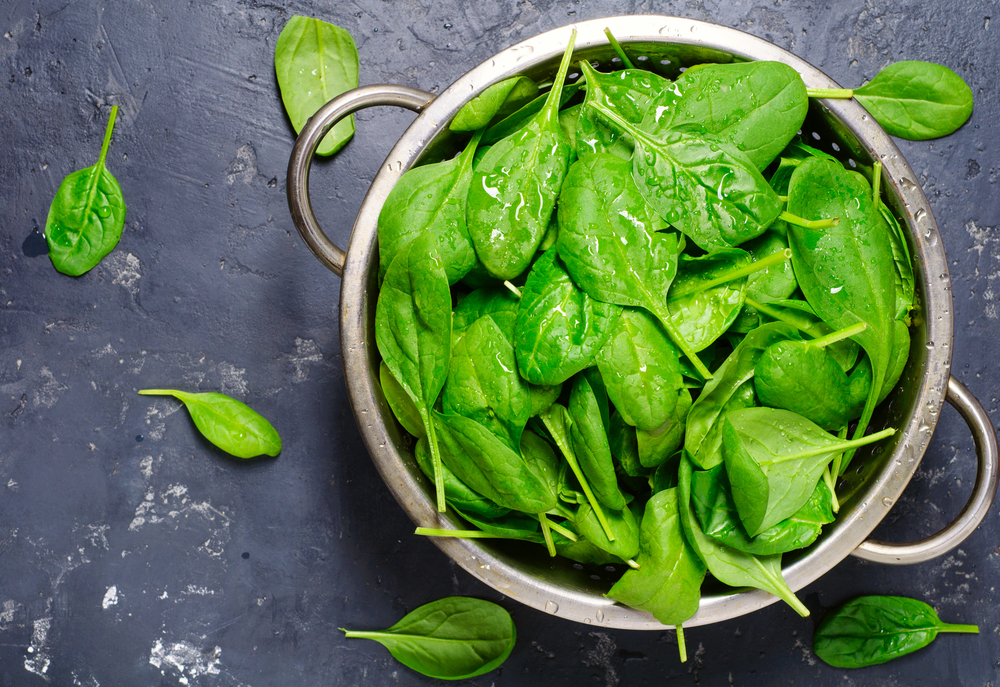
If we look at spinach, as another example, which is often used in salads, their dark, green leaves are loaded with minerals and energising folate. The outer, darker leaves of lettuces are also rich in beta-carotene, another powerful antioxidant, turned into vitamin A as the body needs it. Lettuce is also another rich source of folate.
What’s the conclusion?
As we know, nature always has our back. The fact is that every food provided by nature has some nutritional benefit, some more than others of course. However, when it comes to salad versus veggies, the latter certainly contain more fibre which is essential for healthy digestion.
As with everything, it’s all about balance and it’s also another reminder of why having a varied diet is so important. Therefore, both have their benefits, and one group shouldn’t be excluded in favour of another for that very reason. So, even though the weather may be warm, try to include both salads and vegetables in your diet throughout the summer season.

